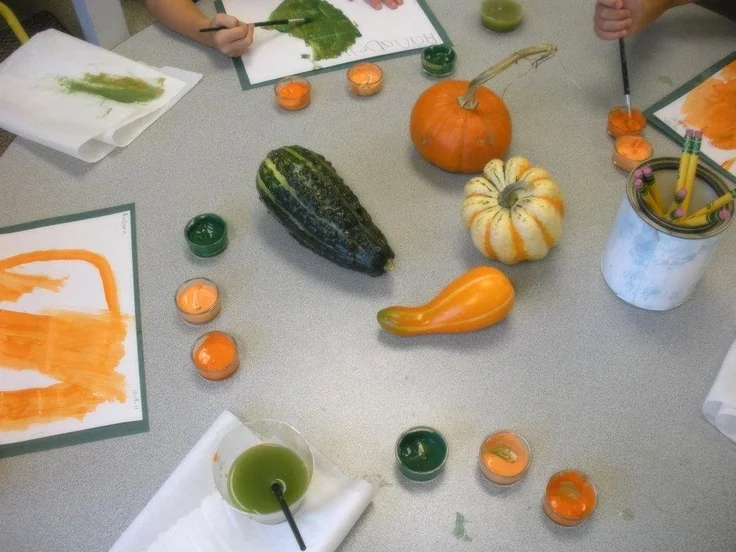As educators and parents we are consistently evaluating and observing the emerging interests of our children. But as with many things in life, we can get stuck in a rut. That’s where provocation is key when planning for optimal and meaningful learning and continuous engagement.
A simple definition of a provocation; used to entice and stimulate young learners to use materials in new and inventive ways. From a provocation, educators gain more insight into the even newer emerging interests in the group. The concept of provocation refers strongly to the Reggio inspired learning philosophy of “children and of human beings, possessing strong potentials for development and as a subject of rights who learns and grows in the relationships with others, [using natural and everyday life materials]”.
However, many learning philosophies and child care centres have adapted the concept to collect observations and valuable documentation of their own, with the goal to encourage learning. Therefore a provocation at Islington Village refers to an open ended activity that doesn’t have a prescribed outcome or product. The goal of the provocation is to stimulate ideas, initiative and imagination for and amongst children, whether they choose to explore their ideas alone or in groups. An example of provocations used include:
• Natural materials (e.g. specimens)
• Old classroom materials displayed in a new way
• An object (e.g. books, magnets, maps)
• Loose parts (e.g. buttons, bolts, fabric pieces)
At Islington Village, our programs strike a balance between child led experiences and teacher directed experiences, to provide children with hands-on exploration opportunities. These opportunities are encouraged, for children to practice, test, construct and deconstruct their own ideas and theories. There is a difference, in our child care setting between an invitation and a provocation. An invitation is literally an invite, a call to participation. Meanwhile a provocation is enticing and offering to child an opportunity for new curiosities; a choice to join or not.
With this offering of a provocation, educators also have the opportunity to explore and evaluate their teaching methods; if we have witnessed that children are not engaging in the provocation as a support to their ideas and concepts we must evaluate our own agenda or perspectives. When educators have the opportunity to re-evaluate and plan and implement activities truly based on children’s interest a relationship, bond and trust grows between educator and child. And when safety, trust, and respect provide the foundation of our planning then the next level of support is being invested in children’s interests and curiosities.
To learn more about the true Reggio Emilia approach and learning philosophy please visit

